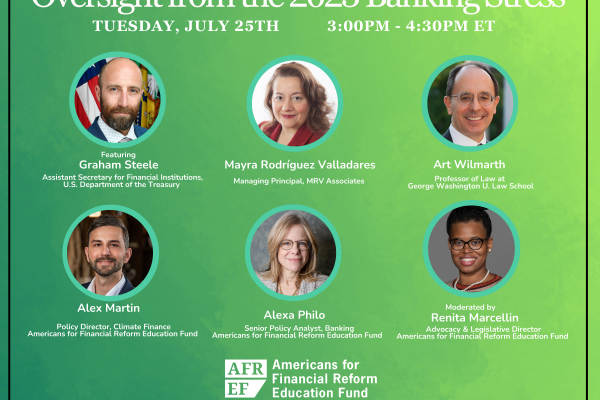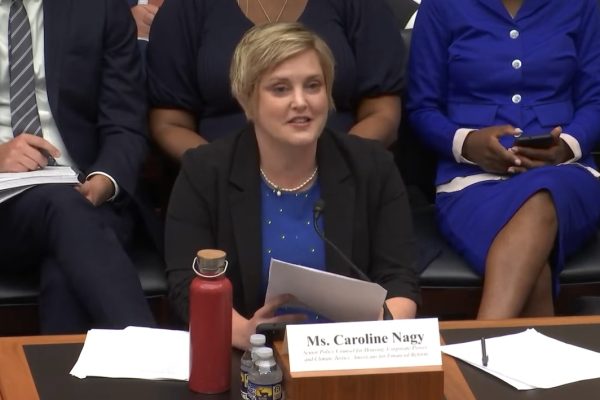Letters to Regulators: CFPB Should Finalize Residential PACE Rule and Develop Consumer Protections for Emerging Green Lending Products
Americans for Financial Reform Education Fund submitted a comment letter, endorsed by 20 partner organizations, to the Consumer Financial Protection Bureau (CFPB)’s proposed rule on residential Property Assessed Clean Energy (PACE) financing. The letter urges the CFPB to finalize the residential PACE rule swiftly to









